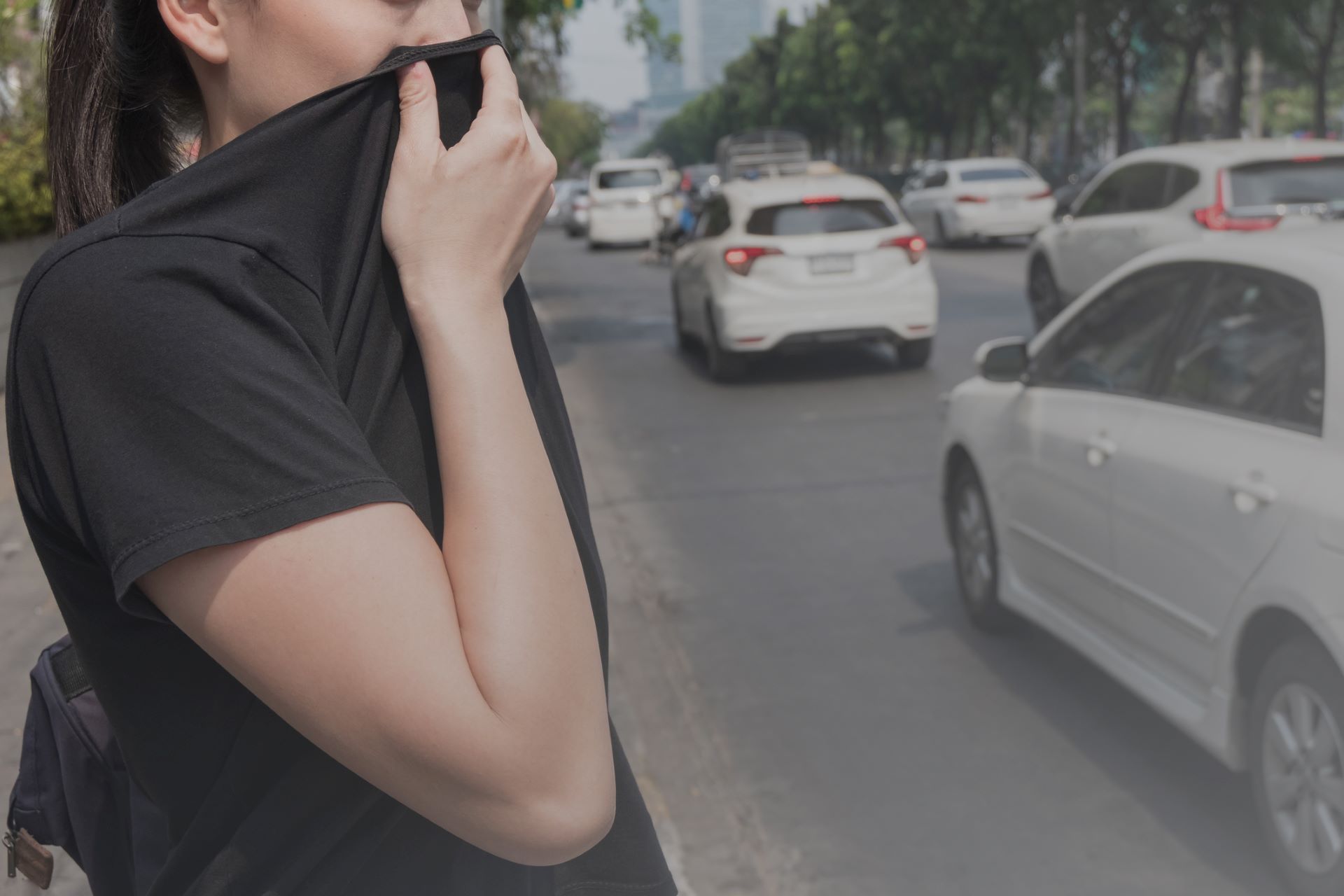For many, summer this year unfortunately means suffocating wildfire smoke, which has been reported as carrying the distinctive stench of burning plastic.
What is happening?
The Weather Network reported recently that in areas of Eastern and Midwestern Canada and the United States where wildfire smoke has been heavy, residents have noticed a burnt plastic smell in the air.
While this may sound odd, there is a clear reason for smoky skies to smell like a trash fire instead of a campfire.
Kang Sun, an assistant professor at the University at Buffalo studying the chemistry and physics of the Earth's atmosphere, explained to The New York Times that when biomass like branches, trees, and leaves burn, they spew volatile organic compounds (VOCs) into the air.
When these VOCs are first created, their reaction with the atmosphere causes the campfire smell typically associated with wildfires. As the VOCs linger in the air, however, they interact with ultraviolet (UV) radiation to create pollutants like benzene and formaldehyde, which smell like burning plastic, as explained by The Weather Network.
Why is this coupling concerning?
The more wildfires there are, the more smoke and toxic chemicals there will be in the air, which can have negative effects on the health of both humans and animals.
Michael Jerrett, a professor of environmental health science at the UCLA Fielding School of Public Health, told The New York Times that these chemicals are "certainly a health concern." Benzene and formaldehyde are classified by the World Health Organization as Group 1 carcinogens, meaning there is sufficient evidence that they cause cancer in humans.
All signs point to more wildfires on our horizon, too.
Research suggests that extreme heat and drought caused by the overheating of our planet brought about by human actions are causing wildfires to be more frequent and to burn longer and stronger. This means more toxic smoke in our air more of the time.
"This is part of a growing pattern of extreme weather events that we're seeing as a result of climate change," said Olivia Dalton, the deputy White House press secretary, as reported by The New York Times.
Canada's prime minister Justin Trudeau (@JustinTrudeau) also chimed in via Twitter, writing, "Year after year, with climate change, we're seeing more and more intense wildfires — and they're starting to happen in places where they don't normally."
What can we do to stay safe?
If you live in an area experiencing heavy wildfire smoke, follow air quality guidelines and stay inside if it is unsafe or wear a proper mask if you absolutely must be outside for prolonged periods.
To slow the overheating of our planet, we can utilize clean energy sources whenever possible, including in our homes and vehicles, lessen our reliance on single-use plastics, and talk to our friends and family about these issues while encouraging them to act.
Join our free newsletter for cool news and cool tips that make it easy to help yourself while helping the planet.









